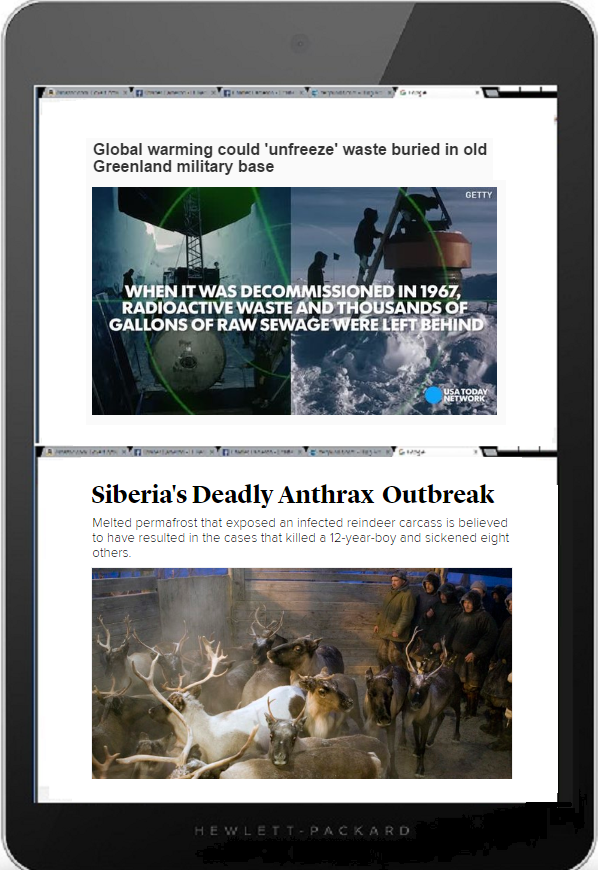Okay this re North Korea this morning from WotR
Wednesday, February 14th, 2018[ by Charles Cameron — from Korea hands vs nuclear wonks ]
.
Okay, the title of this piece intrigued me: Korea hands vs nuclear wonks — Van Jackson at War on the Rocks today.
Okay, I mostly like wonks, but hands have on-the-ground awareness that beats the hell out of book-footnoted research and chat with like-mindedd others, so to my mind, Korea hands would naturally beat nuclear wonks (Cheryl Rofer and friends explicitly excepted), no contest. Anyway, neat, interest-grabbing title. I therefore clicked to see the piece, and while my own opinion was not affirmed, I found this:
I ranted about this a bit on twitter over the weekend, but what we’re witnessing is an open split between the United States and South Korea over North Korea policy. It’s not the first time; this happened in the early years of the George W. Bush administration too. Both sides have an interest in papering over differences in public, but the rift is there. The question is why.
Nuclear scholars see the emerging differences in the alliance as strategic “decoupling”—North Korea’s growing nuke threat is leading South Korea to search for security by other means because U.S. reliability shrinks as U.S. territory falls within range of North Korean missiles. South Korea would be hard-pressed to have faith that Trump would be willing to let Seattle eat a nuke in exchange for Seoul not eating one.
But Korea scholars see a more familiar pattern in the current divergences between South Korea’s President Moon Jae-in and President Trump. The breakdown of the U.S.-Korea alliance in 2002 and 2003 was about as bad as it’s ever been, it was due entirely to the politics (on both sides) of North Korea policy, and it was years before North Korea had a functional nuke.
So we all see a fissure opening up between allies, but what’s the best explanation for it? If the nuclear scholars are right, and the fissure is a function of North Korea’s growing nukes, then the alliance is in big trouble, because the nuke problem is on-trend to get worse not better.
If the Korea scholars are right, then the alliance is in a bad place but the situation is recoverable. South Korea’s president is just being a political opportunist, in this interpretation, and once the domestic mood in the South shifts against him (or North Korea), then the alliance will be in a better place.
Either way, we’re effectively out of the nuclear crisis from last year. It would take a major miscalculation or act of violence by someone to bring the crisis roaring back. Unfortunately, that’s entirely plausible.
**
Two points-of-view — the view from two points, two perspectives — distinct but not necessarily opposed, ie capable of binocular vision, if the balance between the two lenses is adjusted to the perceiver’s taste.
Binocular vision, adjusted to balance the inputs from the two lenses, is — if nothing else — an opportunity for dialectic, or for the HipBone approach (stereophany — see Meditations for Game Players, vii).
Binocular — stereoscopic — dialectic vision is a central aspect of my interest in polyphony, the capacity to hear twwo or more points of view at once. F Scott Fitzgerald once said, much to my delight:
The test of a first-rate intelligence is the ability to hold two opposed ideas in mind at the same time and still retain the ability to function.
Then there’s Sir Lawrence Freedman, in The Meaning of Strategy, Part II: The Objectives:
For Beaufre, strategy was the “the art of the dialectic of two opposing wills using force to resolve their dispute.”
Strategy! Dialectic! Stereophany!
**
And now, back to N Korea and Van Jackson with all that in mind..
I’ve taken into account two viewpoints in my “binocular” discussion here — but Jackson offers a third possibility at the very end of his piece:
Either way, we’re effectively out of the nuclear crisis from last year. It would take a major miscalculation or act of violence by someone to bring the crisis roaring back. Unfortunately, that’s entirely plausible.
Ack!
WHat do you think, Zen, Scott, Tanner, Cheryl, Michael??




